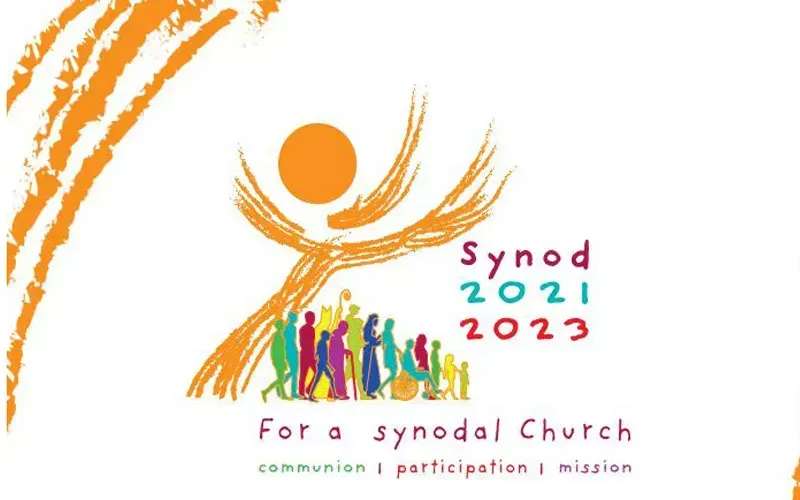Johannesburg, 21 August, 2022 / 9:00 pm (ACI Africa).
The ongoing preparations for the Synod on Synodality is offering women an opportunity to voice their respective concerns as members of the Church, a South African female theologian has said.
In an interview with ACI Africa following the recently concluded Diocesan level the synodal process, Annastacia Mphuthi said that women are enabled to make known their thoughts regarding inequality, discrimination and issues impeding women’s full participation in the Church in the ongoing synodal process
“Pope Francis with the synodal process is giving us an opportunity to listen, to speak up and to voice our concerns; he is encouraging us to come together,” Ms. Mphuthi who heads the Department for the Office of Divine Worship and Liturgy of South Africa’s Johannesburg Archdiocese said during the Monday, August 15 interview.
She expressed her satisfaction with the ongoing deliberations, saying, “We really need this; it shouldn’t stop here. An ongoing synodal process will be helpful for women; it will assist women to continue raising their voices.”
The head of the department that was established to support the Archbishop of Johannesburg in his role as the chief liturgist in the South African Metropolitan See regretted the “exclusion of unmarried mothers, divorced and widows by some Clergy and in most cases by women in leadership positions” in the discussions.





